Dutch Opposition Condemns PVV's Rental Freeze Policy
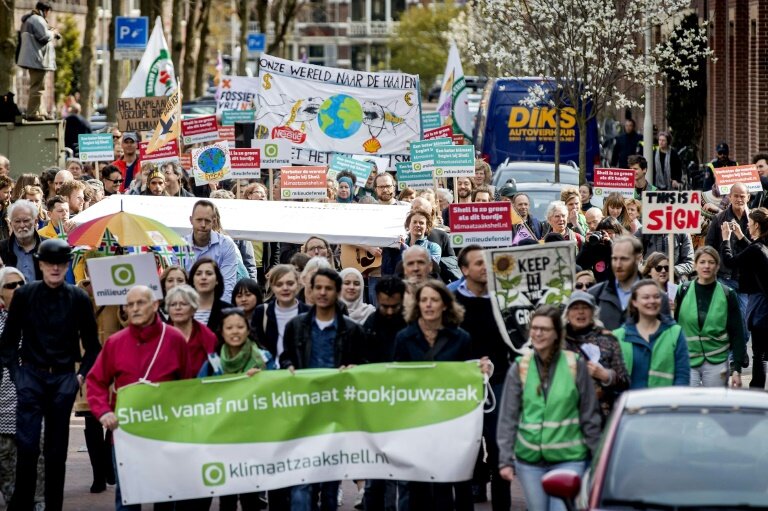
Table of Contents
Key Arguments Against the PVV's Rental Freeze Policy
The PVV's proposed policy aims to freeze rental prices at current levels, ostensibly to alleviate the financial burden on tenants. However, critics argue this approach overlooks crucial economic realities and could lead to unintended negative consequences.
Economic Impact
A rental freeze would severely damage the Dutch housing market. The lack of incentive for landlords to increase rents would drastically reduce investment in new construction and maintenance of existing properties. This would exacerbate the housing shortage, driving up prices in the long run, rather than solving the problem.
- Decreased new construction: Developers would be less inclined to build new rental properties if rental income is capped.
- Lack of maintenance on existing properties: Landlords might be unable to afford necessary repairs and upgrades, leading to a decline in housing quality.
- Potential for black markets: A strict freeze could create a thriving black market for rental properties, where unregulated, higher prices are demanded.
Current rental prices in major Dutch cities are already at record highs, and projections suggest that a rental freeze could lead to a significant decrease in the number of available rental properties within the next five years. Without new construction and adequate maintenance, the situation is likely to worsen.
Impact on Landlords
The PVV's rental freeze policy would place a significant financial burden on landlords. The inability to adjust rents to cover rising expenses would directly impact their profitability and potentially lead to financial losses.
- Loss of rental income: Landlords would be unable to increase rents to compensate for inflation and rising operational costs.
- Inability to cover expenses: Maintaining properties, paying mortgages, and covering taxes become increasingly difficult with frozen rental income.
- Potential for legal challenges: Landlords might challenge the legality and fairness of the rental freeze through the courts.
Consequences for Renters
Ironically, despite its intention to help renters, the PVV's rental freeze could ultimately harm them. The resulting decrease in supply and potential deterioration of existing properties would leave renters with fewer options and lower-quality housing.
- Reduced choice of properties: A shortage of available properties would lead to increased competition and longer waiting lists.
- Lower quality housing: Without sufficient investment in maintenance, the quality of rental properties would likely decline.
- Increase in waiting lists: The combination of reduced supply and increased demand would significantly lengthen waiting lists for affordable rental housing.
Opposition Parties' Responses and Proposed Alternatives
The PVV's rental freeze policy has been met with strong opposition from various Dutch political parties. These parties have criticized the policy's potential negative economic consequences and have proposed alternative solutions to address the affordable housing crisis.
Specific Party Statements
- VVD: The VVD has vehemently rejected the PVV's proposal, calling it economically unsustainable and counterproductive. They advocate for increased investment in social housing and streamlined building regulations.
- D66: D66 has emphasized the need for a balanced approach, combining targeted support for low-income renters with incentives for building more affordable housing. They oppose the rental freeze due to its potential to worsen the housing shortage.
- CDA: The CDA has expressed concern about the impact of the PVV's policy on landlords and has called for a more comprehensive strategy that focuses on sustainable solutions for both renters and property owners.
Alternative Approaches to Affordable Housing
Opposition parties are proposing various alternative solutions for affordable housing:
- Increased social housing: Expanding the number of social rental units to provide affordable housing for low-income households.
- Tax incentives for building affordable homes: Offering tax breaks to developers who build affordable housing units.
- Regulation of rental prices (instead of a freeze): Implementing measures to regulate rental increases, ensuring they remain in line with inflation and reasonable costs.
Public Opinion and Media Coverage
Public reaction to the PVV's rental freeze proposal is mixed. While some renters support the idea of immediate relief from rising rental costs, many recognize the potential long-term negative consequences. Initial polls show a largely negative public opinion on the proposal.
Public Sentiment
The debate largely centers around the trade-offs between short-term relief for tenants and long-term stability and sustainability of the housing market. The lack of consensus underlines the complexity of the issue.
Media Reaction
Major Dutch news outlets have widely covered the controversy, highlighting the concerns raised by economists and housing experts. The overall tone of media coverage has been largely critical of the PVV's proposal, emphasizing the potential for negative consequences. Headlines such as "PVV's Rental Freeze: A Recipe for Disaster?" and "Experts Warn of Housing Crisis Worsening Under PVV Plan" are typical of the media’s response.
Conclusion
The PVV's rental freeze policy, while seemingly aiming to ease the burden on renters, faces significant opposition due to its potential negative economic impact and detrimental effects on both landlords and renters in the long term. Alternative approaches focusing on increasing supply, regulating price increases, and supporting low-income households are preferred by the opposition and are deemed more sustainable. The strong opposition from various political parties and a growing segment of public opinion underscores the need for a more carefully considered and comprehensive strategy to address the affordable housing crisis in the Netherlands. Stay informed about developments regarding the PVV's rental freeze policy and the ongoing debate surrounding affordable housing in the Netherlands. Contact your representatives to share your views on this critical issue and advocate for responsible solutions for the Dutch rental market freeze.

Featured Posts
-
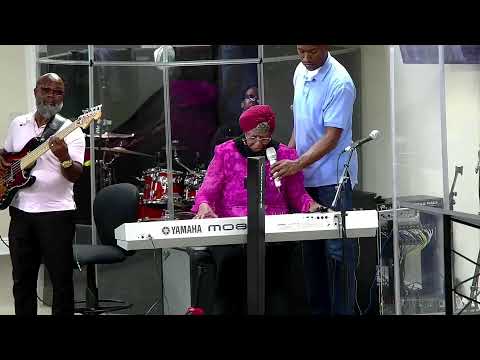 Mc Kenna Inspires Belief At Ipswich Town Phillips Testimony
May 28, 2025
Mc Kenna Inspires Belief At Ipswich Town Phillips Testimony
May 28, 2025 -
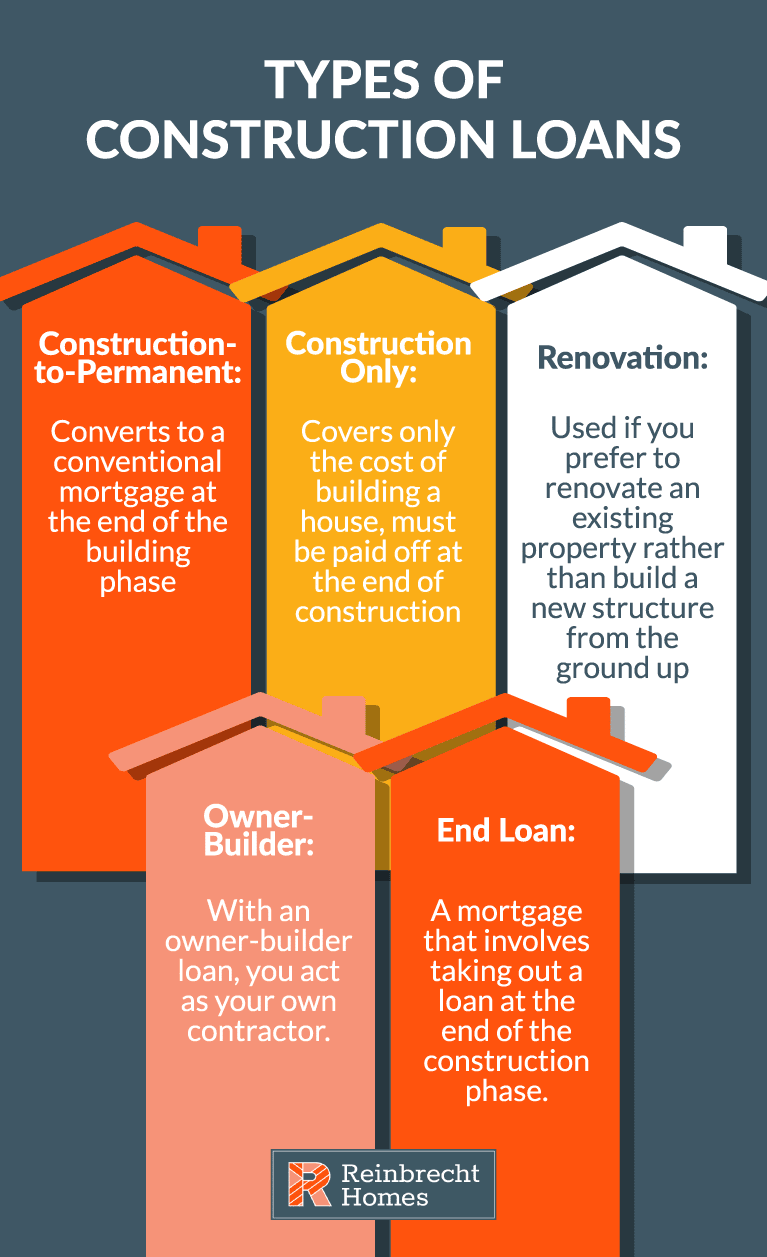 Finance Loans 101 A Step By Step Guide To Loan Applications
May 28, 2025
Finance Loans 101 A Step By Step Guide To Loan Applications
May 28, 2025 -
 Puncak Arus Balik Mudik Bali Tanggal 5 Dan 6 April 2025 Siap Siaga
May 28, 2025
Puncak Arus Balik Mudik Bali Tanggal 5 Dan 6 April 2025 Siap Siaga
May 28, 2025 -
 Kalvin Phillips Leeds United Transfer Speculation Mounts
May 28, 2025
Kalvin Phillips Leeds United Transfer Speculation Mounts
May 28, 2025 -
 Manchester Uniteds Garnacho Transfer Speculation Mounts Amidst Chelsea Interest
May 28, 2025
Manchester Uniteds Garnacho Transfer Speculation Mounts Amidst Chelsea Interest
May 28, 2025
Latest Posts
-
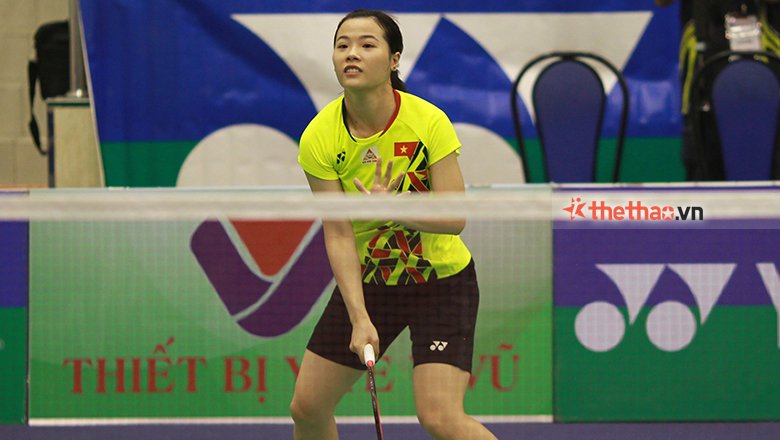 Cau Long Thuy Linh Giai Thuy Si Mo Rong 2025 Vong 1 Day Kho Khan
May 31, 2025
Cau Long Thuy Linh Giai Thuy Si Mo Rong 2025 Vong 1 Day Kho Khan
May 31, 2025 -
 May 23rd Orange County Sports Game Results Player Performance And Statistics
May 31, 2025
May 23rd Orange County Sports Game Results Player Performance And Statistics
May 31, 2025 -
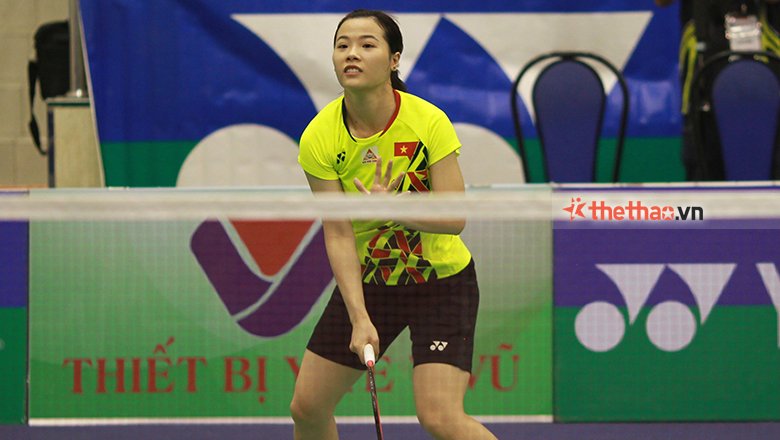 Thuy Linh Doi Mat Thu Thach Lon Tai Vong 1 Thuy Si Mo Rong 2025
May 31, 2025
Thuy Linh Doi Mat Thu Thach Lon Tai Vong 1 Thuy Si Mo Rong 2025
May 31, 2025 -
 Hot Girl Cau Long Thuy Linh Doi Thu Dang Gom Tai Vong 1 Thuy Si Mo Rong 2025
May 31, 2025
Hot Girl Cau Long Thuy Linh Doi Thu Dang Gom Tai Vong 1 Thuy Si Mo Rong 2025
May 31, 2025 -
 Orange County High School Sports Friday May 23rd Game Results And Player Statistics
May 31, 2025
Orange County High School Sports Friday May 23rd Game Results And Player Statistics
May 31, 2025
